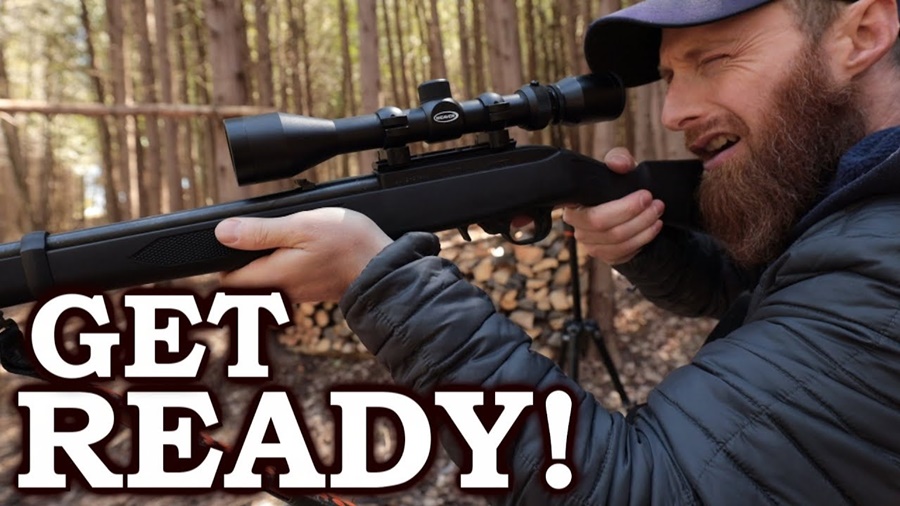Hunting is one of humanity’s oldest traditions a practice that combines skill, patience, respect for nature, and a deep understanding of the environment. For beginners, hunting can seem intimidating, but with the right preparation, it becomes a rewarding and ethical outdoor activity. This guide will walk you through the essentials to help you start safely and responsibly.
1. Understanding Hunting
Hunting is the practice of pursuing and harvesting wild animals for food, recreation, or population management. While it’s often associated with sport, responsible hunters understand that hunting plays an important role in wildlife conservation. By maintaining balanced animal populations, hunters help protect ecosystems from overpopulation and habitat destruction.
2. Learn the Laws and Regulations
Every region has specific hunting laws that determine:
- What species can be hunted
- When you can hunt (seasons)
- Where hunting is allowed
- How animals can be taken (weapons, methods, limits)
Before you begin:
- Obtain a hunting license: Most countries and states require it.
- Complete a hunter education course: These courses teach safety, ethics, and wildlife identification.
- Understand bag limits and seasons: Hunting outside of legal seasons or exceeding limits is illegal and unethical.
Check your local wildlife agency’s website for up-to-date regulations.
3. Choose Your Hunting Method
There are several types of hunting, each requiring different techniques and equipment:
a. Rifle Hunting
Ideal for medium to large game (like deer or elk). Rifles provide accuracy and range, but require training to handle safely.
b. Bow Hunting
A more traditional and challenging method that demands patience and skill. Archery hunters use compound or recurve bows and must practice consistently to ensure humane shots.
c. Shotgun Hunting
Common for birds and small game. Shotguns spread pellets over an area, making them effective for moving targets like ducks or pheasants.
d. Small Game Hunting
Perfect for beginners. Rabbits, squirrels, and upland birds help new hunters learn tracking and field dressing skills without needing large equipment.
4. Essential Gear for Beginners
You don’t need to buy everything at once start simple. The basics include:
- Firearm or bow (appropriate for your game)
- Ammunition or arrows
- Hunting license and permits
- Safety gear: Blaze orange clothing (for visibility), ear protection, and eye protection
- Field dressing kit: Knife, gloves, rope, and game bags
- Binoculars and rangefinder
- Weather-appropriate clothing and boots
- Backpack with essentials: Water, snacks, first aid kit, map, flashlight
Tip: Borrow or rent gear before investing in expensive equipment.
5. Scouting and Preparation
Successful hunting starts long before you enter the field.
- Study your area: Use maps or apps to learn about animal habitats, food sources, and trails.
- Look for signs: Tracks, droppings, rubs, or bedding areas can reveal where animals spend their time.
- Practice shooting: Accuracy and confidence are key to ethical hunting. Practice from realistic positions and distances.
- Check weather and wind: Animals rely heavily on scent; learn to hunt downwind.
6. Safety First
Safety should always be your top priority.
- Always treat your weapon as if it’s loaded.
- Keep the muzzle pointed in a safe direction.
- Identify your target and what’s beyond it.
- Never hunt alone—or if you do, tell someone your plan and location.
- Wear blaze orange during firearm seasons to remain visible to others.
Remember: no shot is worth risking someone’s safety.
7. Ethics and Respect for Wildlife
Responsible hunters follow strong ethical principles:
- Take only clean, humane shots. Never shoot beyond your skill or range.
- Use what you harvest. Wasting meat or trophies is disrespectful to the animal and the land.
- Respect private property. Always ask permission before hunting on private land.
- Leave no trace. Keep the environment clean and undisturbed.
Good hunters are conservationists they give back to the land and wildlife that sustain their passion.
8. After the Hunt
Once you’ve successfully harvested an animal, the work continues:
- Field dress immediately to preserve meat and prevent spoilage.
- Transport your game properly, following local tagging and reporting rules.
- Process or donate the meat. Many hunters enjoy processing their own game or donating extra to food programs.
Learning to respect every step of the process makes you a more mindful and ethical hunter.
9. Continue Learning
Hunting is a lifelong learning experience. Join local hunting clubs, attend workshops, or go with experienced hunters. Each trip teaches you something new about wildlife, survival, and yourself.
Conclusion
Starting your hunting journey requires patience, preparation, and respect for nature. By learning the laws, practicing safety, and adopting ethical principles, you’ll not only become a skilled hunter but also a guardian of the outdoors.
Whether your goal is to provide food, enjoy the challenge, or reconnect with the natural world, hunting can be a deeply fulfilling adventure one that reminds us of our role in the balance of nature.


